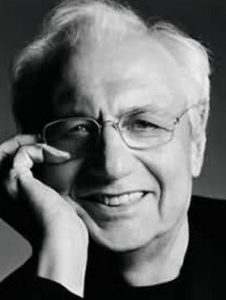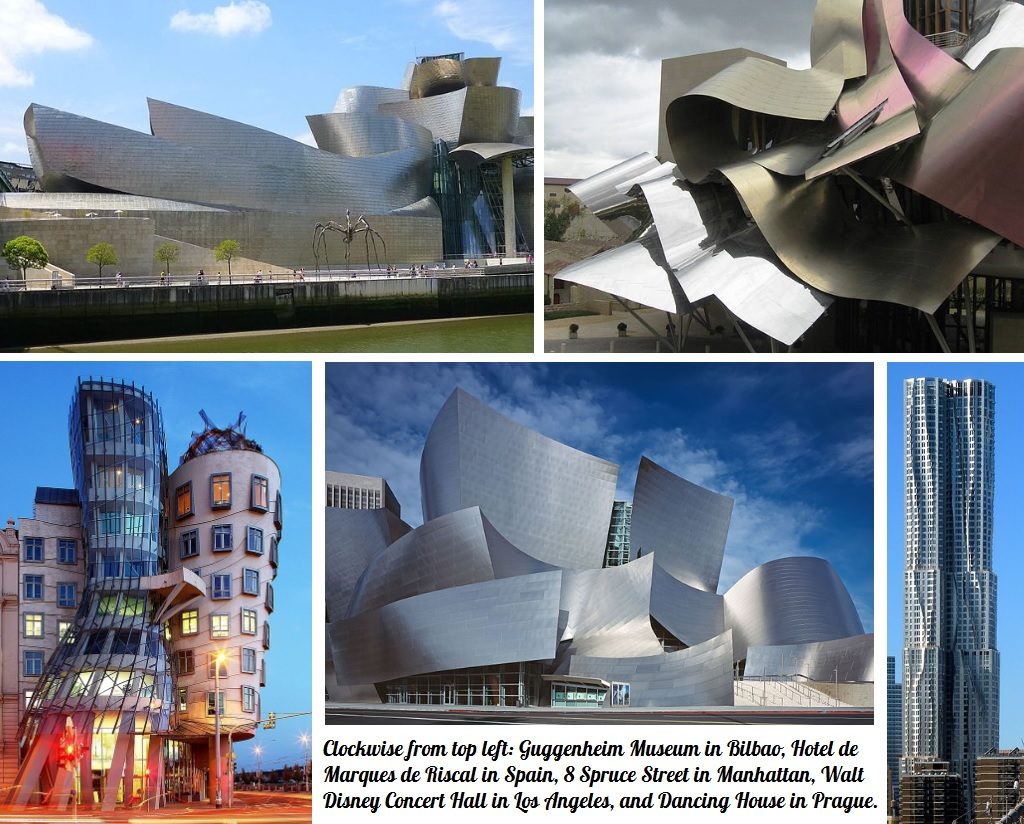A Couple that Transformed the World
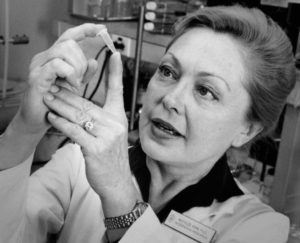
Mathilde Krim
Mathilde Galland (1926-2018) was born in Italy to Christian parents of Swiss and Italian heritage. While studying in medical school at the University of Geneva, she met an Israeli and converted to Judaism to marry him. She became passionate about her new faith, and the Zionist dream, working tirelessly to help Israeli fighters (especially the Irgun) acquire weapons and funds. After receiving her PhD in biology in 1953, the young family settled in Israel, and Mathilde became a researcher at the Weizmann Institute. During this time, she made important discoveries about viruses and cancer, and was part of the team that first developed a way to determine the gender of an embryo. Mathilde moved to New York after getting divorced, and joined a research team at Cornell University.
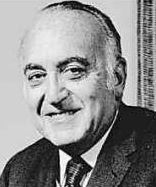
Arthur Krim
During this time, she met Arthur B. Krim (1910-1994), the son of Russian-Jewish immigrants. Krim graduated from Columbia Law School in 1932 at the top of his class, and worked at a law firm until the outbreak of World War II. He served for the War Department doing critical military work, attaining the rank of lieutenant colonel. After the war, Krim launched a film studio start-up, Eagle-Lion Films. When it tanked, he became a manager at United Artists, and was given three years to turn a profit. He did it in six months, and went on to head United Artists for over two decades (producing hit films like Dr. No, which brought James Bond to America, and West Side Story, which won a record 10 Oscars). Krim and his partners made United Artists the largest movie producer in the world by 1967. Krim would later co-found Orion Pictures (Amadeus, Dances with Wolves). All in all, Krim was a film studio exec for 46 years – possibly the longest in Hollywood history – produced and distributed over 1000 films, and was called “the smartest man ever to work in the movie industry.” Aside from movies, Krim was an important member of the Democratic Party, and served as its finance chairman. He was a personal advisor to three presidents: Kennedy, Johnson, and Carter.
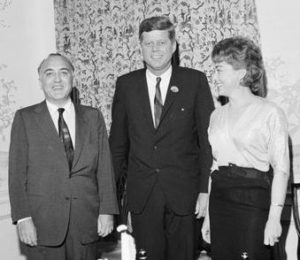
Arthur and Mathilde Krim with President John F. Kennedy
Mathilde and Arthur Krim were famous for their extensive philanthropy and the huge role they played in the civil rights movement, as well as in ending apartheid in South Africa and Zimbabwe, and advancing human rights all over the world. Mathilde continued to work as a researcher throughout her life, and ran the interferon lab at Sloan-Kettering Institute for Cancer Research between 1981 and 1985. During this time, she was one of the first to identify the grave dangers of HIV-AIDS, and did important research to understand the pathology of the disease. In 1983, she founded the AIDS Medical Foundation, and then co-founded the American Foundation for AIDS Research. Aside from her own research work, the Krims donated millions of dollars to the cause. In addition to 16 honourary doctorates, she was awarded the Presidential Medal of Freedom in 2000, the highest civilian honour in America. Her husband had previously received the Presidential Medal of Freedom in 1969.
Words of the Week
Every Hebrew should look upon his Faith as a temple extending over every land to prove the immutability of God and the unity of His purposes.
– Grace Aguilar

 Chaim Gedaliah Rickover (1900-1986) was born in Poland. When he was six years old his family fled to the United States to escape the Russian pogroms that had killed over 3000 Jews in Eastern Europe. The family settled in Chicago, where Rickover started working at just nine years of age for three cents an hour. He excelled academically, and after graduating from high school with honours, was nominated by a Jewish congressman to the US Naval Academy. Rickover distinguished himself while serving on a destroyer ship and was among the youngest people to ever be promoted to an officer. He went back to school and earned a Master’s in electrical engineering before doing further studies at Columbia. At 29, he decided to serve on a submarine, and was soon in command of one. His translation of the German Das Unterseeboot became the textbook of the US Submarine Service. Throughout World War II, Rickover repaired electrical systems on US Navy ships, for which he earned the Legion of Merit. Following the war, he applied to join the Manhattan Project’s new program to develop nuclear power plants. He was soon the deputy manager of the division developing nuclear-powered navy ships. Rickover saw that the greatest potential was for nuclear submarines, and ultimately succeeded in persuading the Secretary of the Navy to endorse building one. Rickover led its development, and played a central role in designing a nuclear reactor fit for submarines. His vision came to life in 1954 with the launch of the famous USS Nautilus. It put him on the cover of TIME Magazine that year. By 1958, Rickover was vice admiral of the Navy, and awarded a Congressional Gold Medal. His program would go on to produce over 200 nuclear-powered submarines, and 23 aircraft carriers and cruisers. Incredibly, none of these has ever had a meltdown – a feat credited to Rickover’s insistence on safety and obsessive attention to detail. (The Soviet Navy suffered at least 14 meltdowns in the same time period!) Rickover became known as the “Father of the Nuclear Navy”. He was the longest serving officer in US naval history, with 63 years of service under 13 presidents. A four-star admiral, his 61 civilian awards included a Presidential Medal of Freedom and two Congressional Gold Medals (an extremely rare feat). He was also awarded 15 honourary degrees, and made an honourary Commander of the Order of the British Empire. Rickover stated that he was not proud of his work, and saw it as a “necessary evil” to protect his country. He once said he wished “nuclear power had never been discovered” and hoped that the nuclear fleet would be dismantled.
Chaim Gedaliah Rickover (1900-1986) was born in Poland. When he was six years old his family fled to the United States to escape the Russian pogroms that had killed over 3000 Jews in Eastern Europe. The family settled in Chicago, where Rickover started working at just nine years of age for three cents an hour. He excelled academically, and after graduating from high school with honours, was nominated by a Jewish congressman to the US Naval Academy. Rickover distinguished himself while serving on a destroyer ship and was among the youngest people to ever be promoted to an officer. He went back to school and earned a Master’s in electrical engineering before doing further studies at Columbia. At 29, he decided to serve on a submarine, and was soon in command of one. His translation of the German Das Unterseeboot became the textbook of the US Submarine Service. Throughout World War II, Rickover repaired electrical systems on US Navy ships, for which he earned the Legion of Merit. Following the war, he applied to join the Manhattan Project’s new program to develop nuclear power plants. He was soon the deputy manager of the division developing nuclear-powered navy ships. Rickover saw that the greatest potential was for nuclear submarines, and ultimately succeeded in persuading the Secretary of the Navy to endorse building one. Rickover led its development, and played a central role in designing a nuclear reactor fit for submarines. His vision came to life in 1954 with the launch of the famous USS Nautilus. It put him on the cover of TIME Magazine that year. By 1958, Rickover was vice admiral of the Navy, and awarded a Congressional Gold Medal. His program would go on to produce over 200 nuclear-powered submarines, and 23 aircraft carriers and cruisers. Incredibly, none of these has ever had a meltdown – a feat credited to Rickover’s insistence on safety and obsessive attention to detail. (The Soviet Navy suffered at least 14 meltdowns in the same time period!) Rickover became known as the “Father of the Nuclear Navy”. He was the longest serving officer in US naval history, with 63 years of service under 13 presidents. A four-star admiral, his 61 civilian awards included a Presidential Medal of Freedom and two Congressional Gold Medals (an extremely rare feat). He was also awarded 15 honourary degrees, and made an honourary Commander of the Order of the British Empire. Rickover stated that he was not proud of his work, and saw it as a “necessary evil” to protect his country. He once said he wished “nuclear power had never been discovered” and hoped that the nuclear fleet would be dismantled.